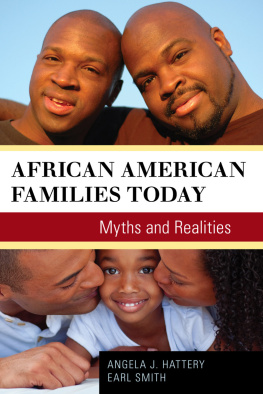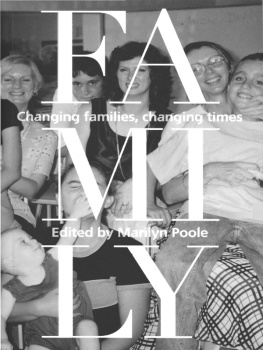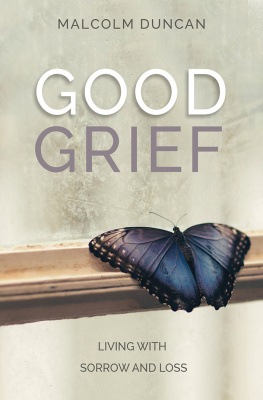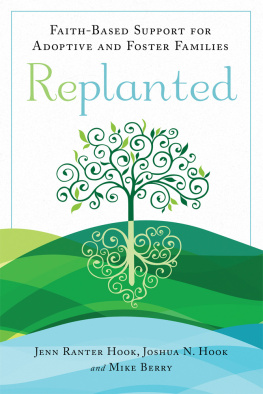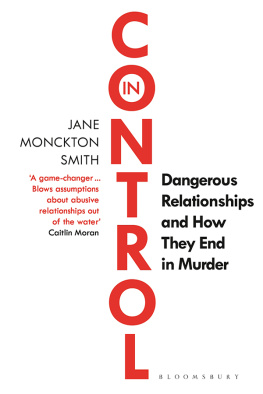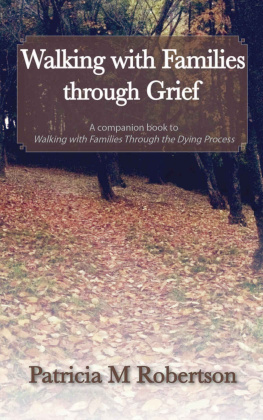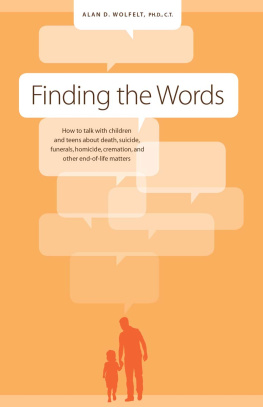THE POLITICS OF SORROW
Interactionist Currents
Series editors: Dennis Waskul, Minnesota State University, USA Phillip Vannini, Royal Roads University, Canada
Interactionist Currents publishes contemporary interactionist works of exceptional quality to advance the state of symbolic interactionism. Rather than revisiting classical symbolic interactionist or pragmatist theory, however, this series extends the boundaries of interactionism by examining new empirical topics in subject areas that interactionists have not sufficiently examined; systematizing, organizing, and reflecting on the state of interactionist knowledge in subfields both central and novel within interactionist research; connecting interactionism with contemporary intellectual movements; and illustrating the contemporary relevance of interactionism in ways that are interesting, original, and enjoyable to read.
Recognizing an honored and widely appreciated theoretical tradition, reflecting on its limitations, and opening new opportunities for the articulation of related perspectives and research agendas, this series presents work from across the social sciences that makes explicit use of interactionist ideas and concepts, interactionist research, and interactionist theoryboth classical and contemporary.
The Politics of Sorrow
Families, Victims, and the Micro-Organization of Youth Homicide
DANIEL D. MARTIN
University of Minnesota-Duluth, USA
First published 2013 by Ashgate publishing
Published 2016 by Routledge
2 Park Square, Milton Park, Abingdon, Oxon OX14 4RN
711 Third Avenue, New York, NY 10017, USA
Routledge is an imprint of the Taylor & Francis Group, an informa business
Copyright Daniel D. Martin 2013
Daniel D. Martin has asserted his moral right under the Copyright, Designs and Patents Act, 1988, to be identified as the author of this work.
All rights reserved. No part of this book may be reprinted or reproduced or utilised in any form or by any electronic, mechanical, or other means, now known or hereafter invented, including photocopying and recording, or in any information storage or retrieval system, without permission in writing from the publishers.
Notice:
Product or corporate names may be trademarks or registered trademarks, and are used only for identification and explanation without intent to infringe.
British Library Cataloguing in Publication Data
Martin, Daniel D.
The politics of sorrow : families, victims, and the micro-organization of youth homicide. (Interactionist currents)
1. Grief. 2. Children Death Psychological aspects.
I. Title II. Series
155.937085dc23
The Library of Congress has cataloged the printed edition as follows:
Martin, Daniel D.
The politics of sorrow : families, victims, and the micro-organization of youth homicide / by Daniel D. Martin.
pages cm.(Interactionist currents)
Includes bibliographical references and index.
ISBN 978-1-4094-4634-7 (hbk.)
1. Parents of murder victimsUnited StatesInterviews. 2. ChildrenDeathPsychological aspects. 3. BereavementPsychological aspects. I. Title.
HV6529.M3697 2013
362.88dc23
2012044661
ISBN 9781409446347 (hbk)
Contents
Preface
The Politics of Sorrow is a sociological investigation into the lived experience of families as they cope with homicide. The book traces the emotional contours of this experience for victims families assessing its social and symbolic dimensions as selves, social experience, and family relations are reorganized. As a sociologist, I have always kept an eye on the broader social forces that shape this process, specifically: how the social location of the bereaved in a broader class structure shapes the experience of grieving, how actors within systems of power differentially constitute the dead as a social object, and how the experience of families encountering everyday life after a homicide is colonized within that system. This process cannot be understood without acknowledging the ways in which cultural ideologies of race impinge upon the living. However, essentially this book is not about class structure or racial formation, per se, but about the organization of families experience after youth homicide and the micro-politics that shape it.
In 1996, I received a phone call from a friend, Kim Scott, notifying me of a murder that had taken place in Portland, Oregon. A young man, age 21, and his brother, age 16, had shot a grandmother, stuffed her into the trunk of her own car, and then pushed the car into the Willamette River. The older of the two brothers was a product of abandonment and loss, a child whom no one wanted that had been placed in a treatment center at the age of five. That is where, as treatment workers, Kim and I had first met and worked with Shaun. Treatment workers often speculated on the future of certain youth as they came through the system and, while the outcome for Shaun turned out to be tragic, his involvement in the homicide was surprising but not shocking. This tragedy became the impetus for telling and theorizing the narratives of family members who have lost children to homicide. With the help of my research assistant Mose Rayford, a graduate student in gerontology at Miami University, the project advanced as we made contact with community organizers and leaders in Cincinnati, Columbus, and to a lesser degree Dayton, Ohio. The first two years of the project were spent doing relational work with community organizers, organizational officials, and group leaders involved in grief support. The literature on qualitative methods refers to this process simply as gaining entre. Because the term focuses more on the strategies that researchers use in getting the information they need, it fails to communicate completely participants sense of what is at stake, who can be trusted, what motivations researchers bring into the context, or the content of their character. These specific concerns are often treated only as theoretical matters and left relatively unexplored yet they are directly to the point. In the broader context of police shootings, hostile race relations, and continued political-economic neglect of Cincinnatis poor neighborhoods, the prospects of a White researcher from one of Ohios most prestigious universities gaining entre into the poorest, African-American sections of town seemed remote.
The qualitative data presented in the book were collected mostly through interviews. The interviews themselves took place against a backdrop of shootings in Cincinnatia time when White officers had killed several young, African-American men. In April 2001, the killing of Timothy Thomas, an unarmed, 19-year-old African American erupted in a street rebellion. In the early stages of the research, many months were spent in futile attempts trying to make contact with urban activists. These efforts culminated in contact with a newly formed grief support group, Mothers of Murdered Sons and Daughters (MOMS). Looking for parents to interview, letters of invitation were sent to parents through the national newsletter of Parents of Murdered Children (POMC). Though approximately 1,000 notices were sent altogether, a very small number of family members responded. Eventually I was led to organizers of the Columbus Chapter of POMC who, surpassing all expectations, invited me to group meetings, and helped me recruit parents and other family members. The stories that were shared with me through interviews and personal conversations were often bitter, unyielding, rife with suffering rooted deeply in the psyches and souls of parents and other family members and deeply humanizing. Throughout the book, I have used pseudonyms to protect the identities of the people telling them. As data, the content of their narratives are not so much gruesome as they are revealing. Presented here, those stories stand as testimony not only to the pain that humans endure but also to the quintessential moment when humans discover that they are inextricably connected to one another.


